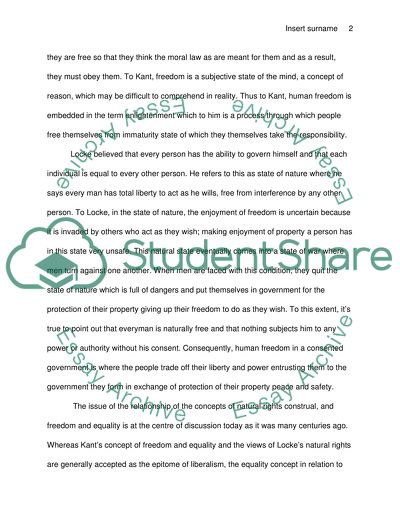Cite this document
(“Kant and Locke Essay Example | Topics and Well Written Essays - 1000 words”, n.d.)
Retrieved from https://studentshare.org/philosophy/1461982-both-kant-and-locke
Retrieved from https://studentshare.org/philosophy/1461982-both-kant-and-locke
(Kant and Locke Essay Example | Topics and Well Written Essays - 1000 Words)
https://studentshare.org/philosophy/1461982-both-kant-and-locke.
https://studentshare.org/philosophy/1461982-both-kant-and-locke.
“Kant and Locke Essay Example | Topics and Well Written Essays - 1000 Words”, n.d. https://studentshare.org/philosophy/1461982-both-kant-and-locke.


